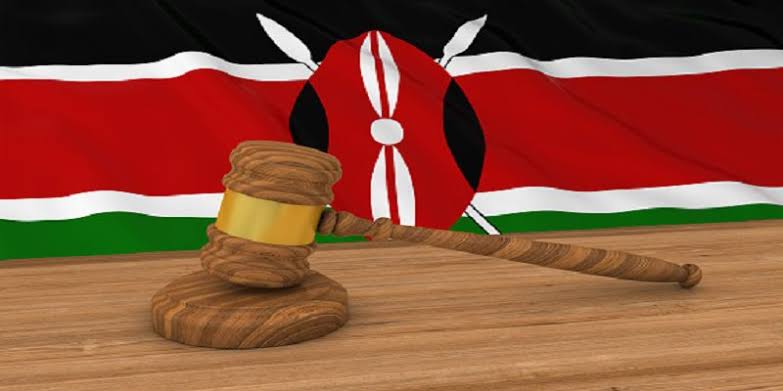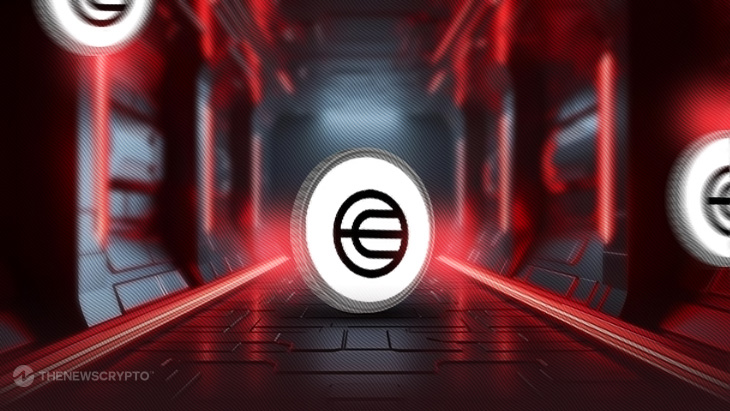Worldcoin is set to resume its activities in Kenya after the Directorate of Criminal Investigations (DCI) concluded an inquiry into allegations of unauthorised data collection and exportation.
The DCI’s letter to Worldcoin’s legal team confirmed the end of the investigation and advised the company to comply with local regulations, including formal business registration and securing necessary permits.
Read also: Exploring the World of ViitorCloud’s AI, Blockchain & Web Development
DCI’s Recommendations to Worldcoin
The DCI emphasised the need for Worldcoin to conduct thorough background checks on its vendors to ensure responsible operations. The investigation was carried out swiftly and impartially, and it focused on accusations from 2022 and 2023 regarding the illegal collection and distribution of sensitive personal data in Kenya.
Worldcoin, led by Sam Altman, CEO of OpenAI, captures biometric data, specifically images of individuals’ irises. In exchange for their participation, Kenyans were offered a monetary reward of Sh7,000 (approximately $52.83) and free WorldCoin tokens.
Worldcoin’s Response
Thomas Scott, Chief Legal Officer of Tools for Humanity, Worldcoin’s parent company, welcomed the resolution of the investigation. He stated, “This marks not the end but the beginning of a new chapter.” Scott expressed the company’s commitment to collaborating with the Kenyan government and anticipated resuming World ID registration nationwide soon.
Worldcoin faced significant scrutiny in August 2023 when the Kenyan Ministry of Interior and National Administration suspended its operations to assess potential public safety risks. Concurrently, the Office of the Data Protection Commissioner (ODPC) launched legal action to prevent Worldcoin from processing or exporting data from Kenyan citizens. This led to a police raid on a Worldcoin warehouse in Nairobi, confiscating equipment and documents.
Read also: Roaring into the Future: “The Lion King” 30th Anniversary Celebration
International Diplomacy and Local Governance
Despite diplomatic pressure from the United States in March 2024, advocating for Worldcoin’s operations, the Kenyan government, represented by Interior Cabinet Secretary Kithure Kindiki, maintained its suspension. The government reaffirmed its commitment to protecting citizens’ interests and safety, underscoring the importance of stringent data protection measures.
Worldcoin aims to refocus on fostering global economic participation, especially in Kenya. Thomas Scott emphasised the company’s dedication to creating opportunities for Kenyans and others worldwide to engage with the international economy.
With the investigation concluded, Worldcoin is poised to advance its objectives while ensuring compliance with local regulations and maintaining a collaborative relationship with the Kenyan government.



